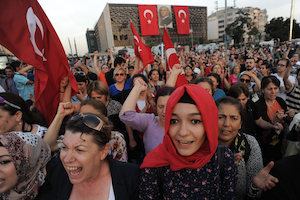Fading Façades: Abdülhamit Gül, the Rule of Law and the Power Struggles Within the Erdoğan Regime
By Gareth Jenkins
February 14, 2022
The January 29, 2022, resignation of Justice Minister Abdülhamit Gül and his replacement by his predecessor Bekir Bozdağ marked another shift in the highly fluid power struggles within the apparatus of the Turkish state beneath the outwardly rigid patina of President Recep Tayyip Erdoğan’s overarching hegemony.
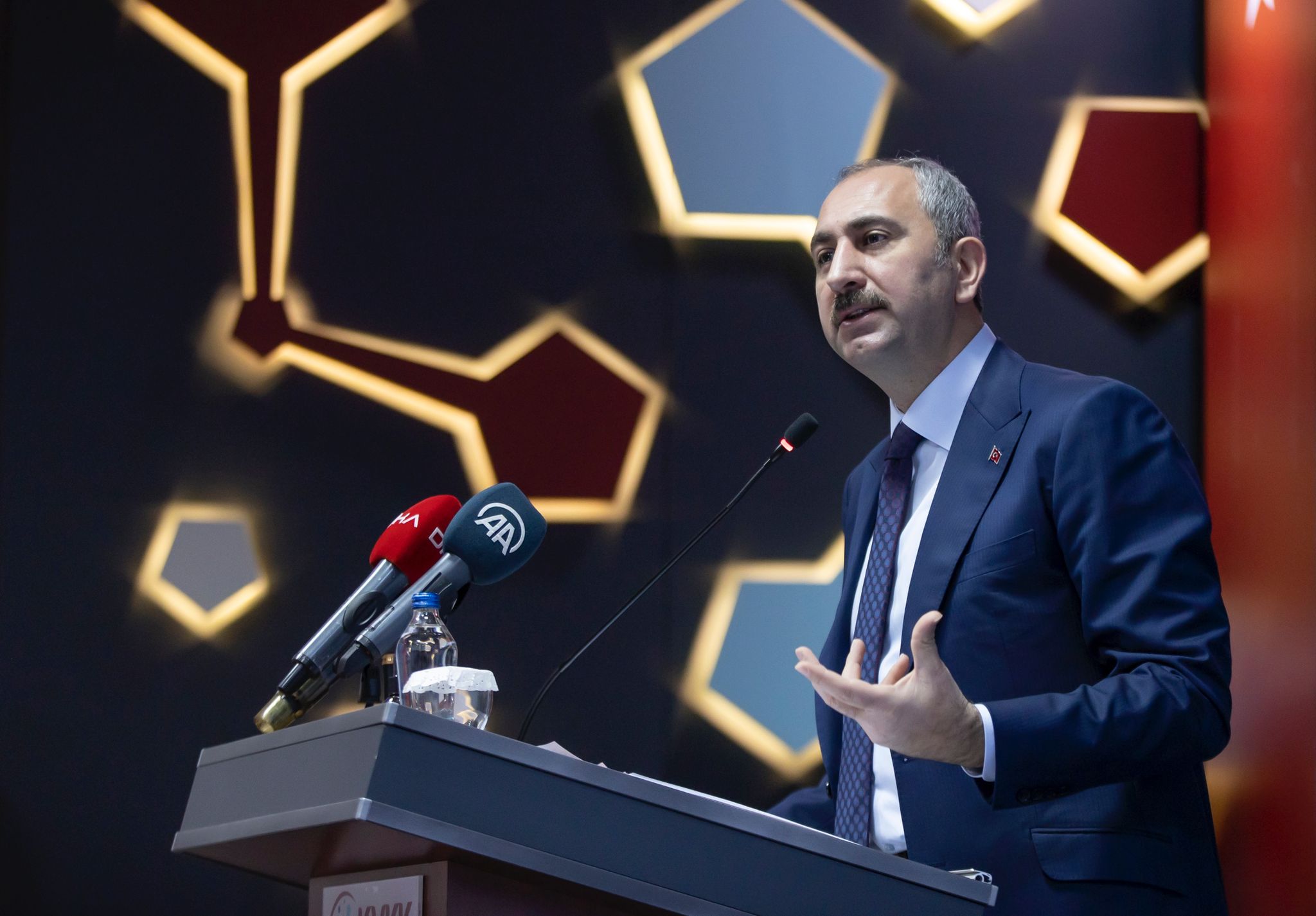
Sedat Peker and the Return of Turkey’s Violent Far Right
By Ryan Gingeras
June 17, 2021
As the Turkish public grapples with the repercussions of a crippled economy and a grinding pandemic, Turkey’s twitter-sphere, as well as much of its press, remains transfixed on the revelations of Sedat Peker. The videos reinforce certain realities regarding the Turkish state’s relationship with organized crime and with the violent far right. The impact of this reputed gangster on Turkish politics speaks to the influence of the country’s far right, which fits neatly within the country’s broader historical development since the 1970s. Peker’s videos are a reminder of the obstacle to democratization that the far right networks in the state represent.
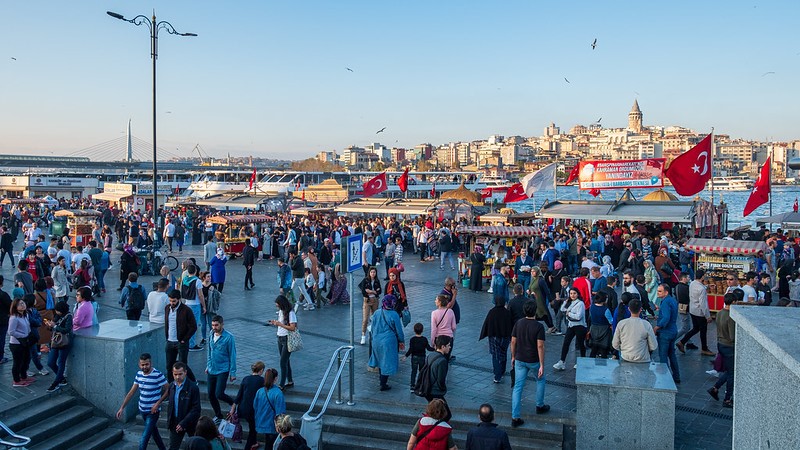
The Non-ending of Miseries of Workers under AKP rule
By Barış Soydan
March 23, 2021
Turkey’s ruling Justice and Development Party (AKP) and its leader Recep Tayyip Erdoğan have always claimed to represent the people, the downtrodden, against the elite, which is an important key to their longevity in power. Yet, during its eighteen years in power, the AKP has consistently sided with the economic elite against labor. The AKP has not only preserved the legacy of the conservative governments that preceded it – and of the military rulers who at the beginning of the 1980s imposed severe constraints on labor rights – but it has further limited the rights of workers. The response of the Turkish government to the pandemic has demonstrated a blatant indifference to workers’ health and safety.
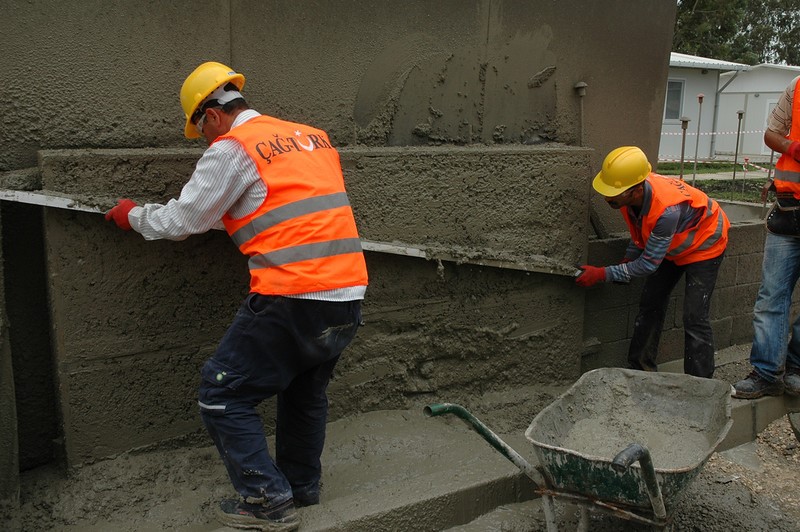
Are Happy Days Here Again in Turkey?
By Halil Karaveli
July 5, 2019
The resounding victory of the opposition in Istanbul has rekindled the democratic hopes of an urban middle class that had come close to losing all hope about the future of Turkey. Yet the democratic vision of Ekrem İmamoğlu, Istanbul’s new mayor, who many see as the next leader of their country, is limited by his embrace of a conservative political tradition that is very much responsible for the persistence of authoritarianism in Turkey. Although the Istanbul election has shown that it takes a conservative to beat a conservative, Turkey is going to need something else to build a lasting democracy.
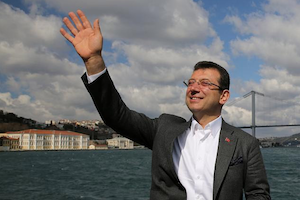
Is the AKP Headed Toward a Historic Defeat?
By M.K. Kaya
March 29, 2019
There is every reason to expect that Turkey’s municipal elections on March 31 will be a major setback for the ruling AKP and that they will set in motion developments that are going to alter the political landscape of the country. The AKP may be headed toward what will prove to be a historic defeat. The elections are pregnant with consequential political changes that are going to affect the nature of the Turkish regime, its Kurdish policies as well as Turkey’s relations to the West.
